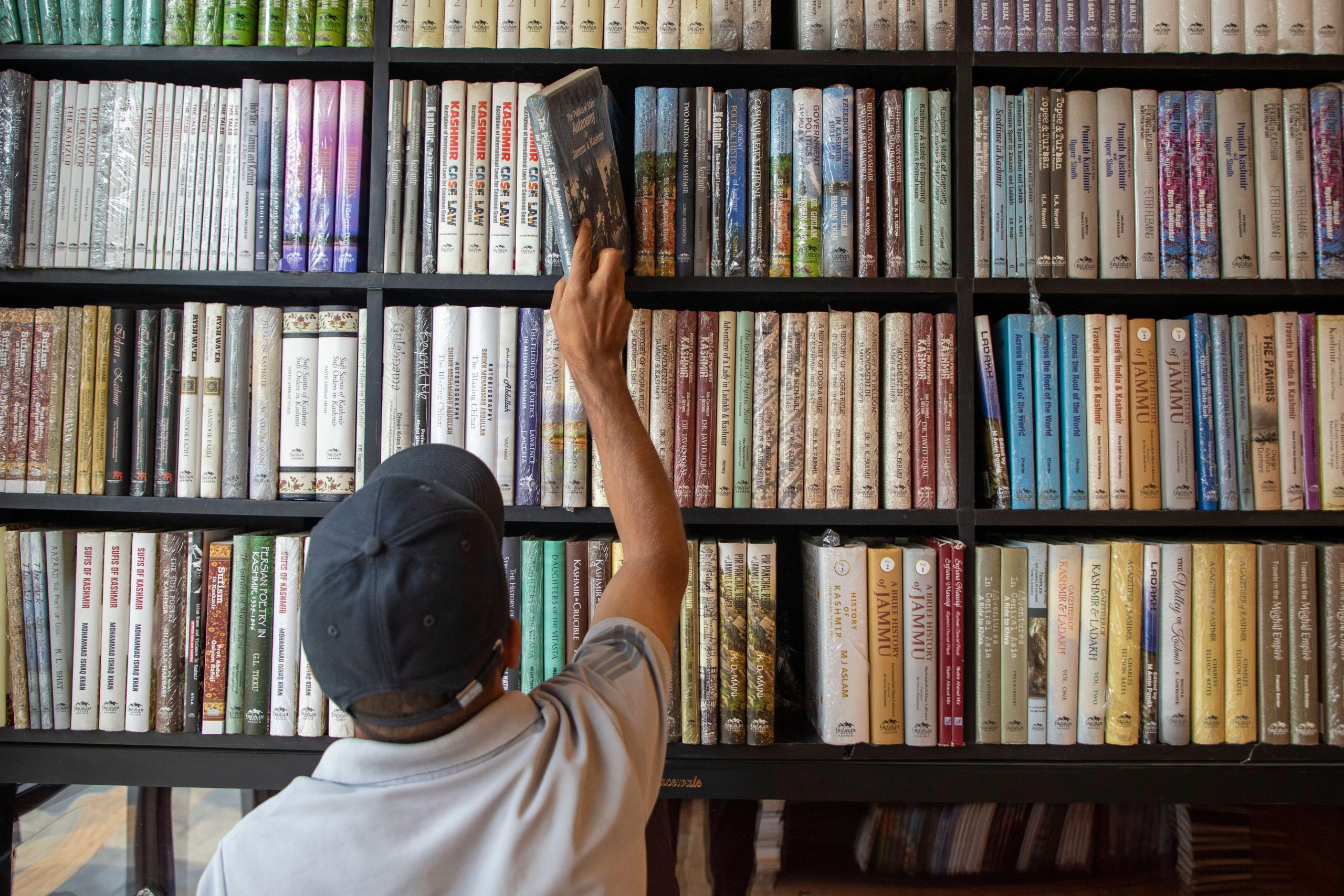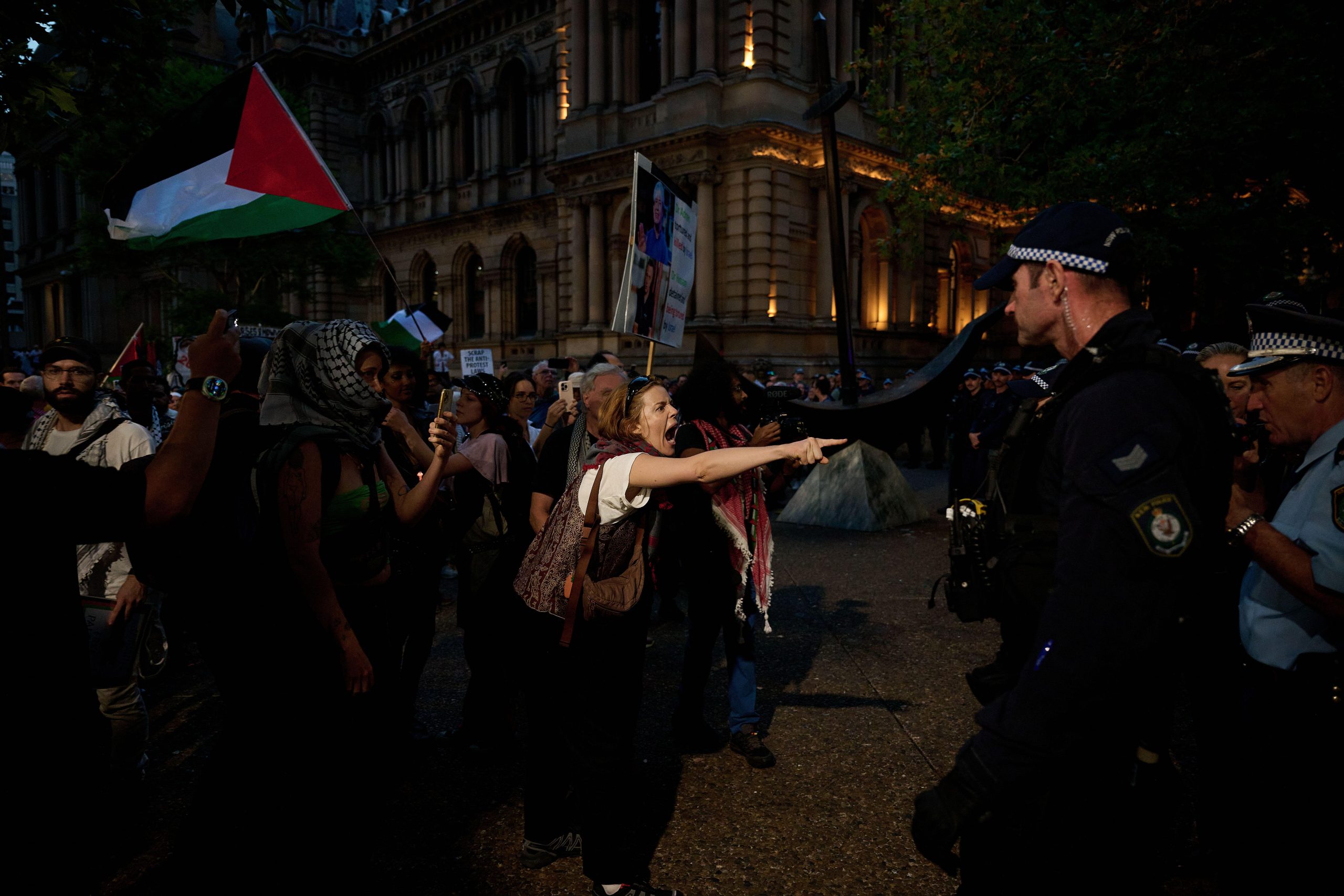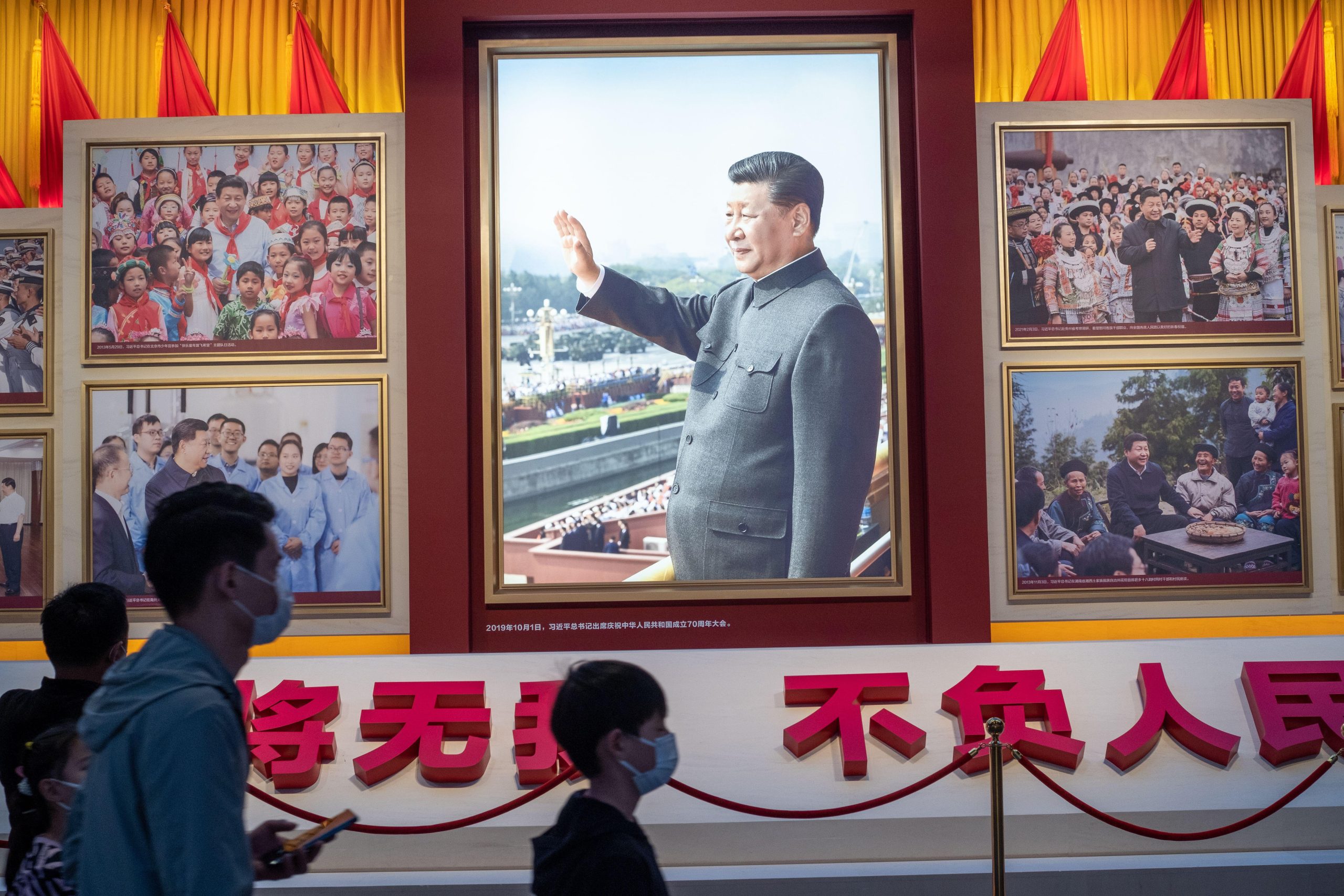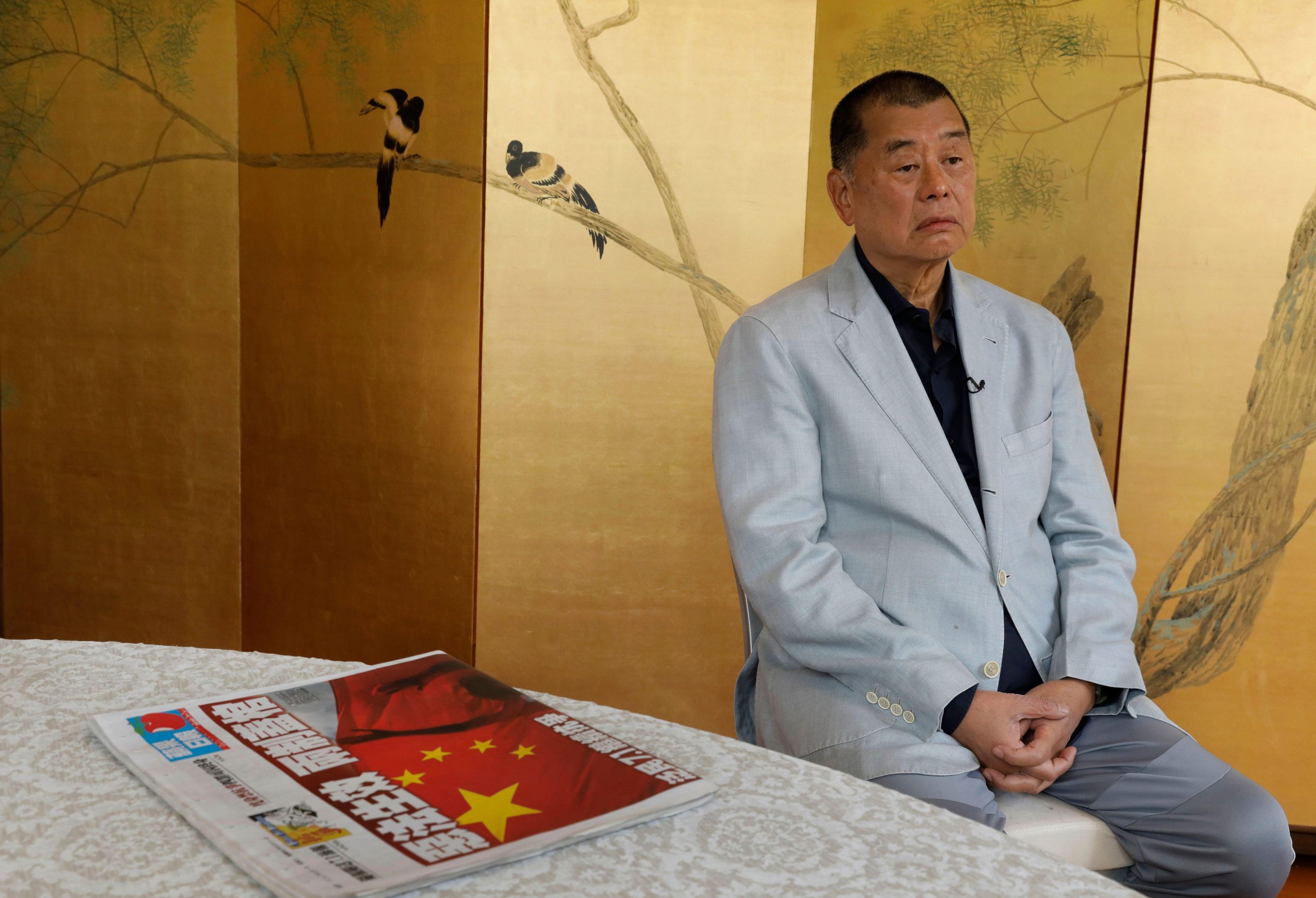Kupwara, Kashmir
In a deserted lane in one of the countryside villages in a frontier district, Kupwara, a once well-known writer is now living a secluded life out of the spotlight. The walnut trees on one side provide shade and there are paddy fields over the fence on the other. For Zeeshan Ahmad, a writer who has written books on the political situation in the disputed region between two nuclear-armed states, India and Pakistan, life took a U-turn and he had to change his profession. Why? The repeal of Article 370 of the Constitution in August 2019, which gave India more control over the previously autonomous region of Jammu and Kashmir.
A visitor to Ahmad’s home will no longer find books strewn around, with pens and notepads piled on the windowsill in the writer’s’ room. He has lain all the books aside and rarely displays them, as he is afraid of the consequences.
Similarly, Sheeraz, a scholar at Aligarh Muslim University in mainland India, is making new strides in the field of literature. However, for several years he has been keeping his manuscripts to himself. In a way, he is self-censoring after he was told by his editor that the authorities would not endorse his writing.
“It was on a hot, humid day in August during Covid-19 days in 2020 when I decided to write to my editor. The response hit me hard and I switched and stopped contributing.”
“The piece would not be accepted by the powers-that-be,” says Sheeraz about the work of fiction he had sent his editor.
The young writer has written a novel that was very well received by readers. His contribution to literature is acknowledged by the university professors where he completed his Master’s.
But fame comes with its own consequences.
His house has been raided many times by security forces, “searching my library and checking every nook and cranny of the house.”
“The raids and the surveillance were constant for me, following the ban on books,” says Sheeraz, who lives alone with his mother.
The process breaks
For Zeeshan, the ordeal began way back in the autumn of 2018. “There was a list of writers prepared by the authorities whom they felt were promoting secessionism in the valley,” recalls Ahmad.
This was at a time when Kashmir was run by a centrally appointed governor of the far-right Bharatiya Janta Party (BJP).
Many believe this was the beginning of control by Rashtriya Swamsewak Sangh, the parent organisation of the BJP – and it started its mission in full swing.
There was a delay when the BJP came to power in Kashmir in 2014 (following an alliance with the valley-based People’s Democratic Party), when an alliance was signed between the two which restricted the implementation of the BJP’s manifesto promises.
“As soon as the alliance ended, the campaign to do away with a separatist ideology began in the valley, with an iron-fist policy,” says Zeeshan, who at the time wrote columns for the leading daily.
Those on the list were raided at home and summoned to different police stations in the region. The Central Investigation Department of the J&K police and the National Investigation Agency began interrogating listed writers.
The constant surveillance was tiring. Zeeshan would wake up with a constant fear of being raided by the security forces.
“I do feel the wrath is felt more by those who were engaged in showing the true face of the occupation in the valley.”
“I felt it first-hand when our offices were sealed after one of the most highly reputed social organisations, Jamaat-e-Islami, started making education a reality for the poorer section of the society.” Helping the needy was banned by the authorities in 2019.
Irony engulfs the valley
Recently, while a first-of-its-kind book fair was being organised, Ishfaq, a retired teacher and poet, asked one of the panelists how free the press was.
The irony is that while the government of the day was celebrating the book fair and promoting a book-reading culture, the home department, on the sixth anniversary of the abrogation of special status, came up with a list of books to be banned in the region. The reasons cited were that these 25 books, which included those by internationally acclaimed authors, promoted secessionism. One of the most widely known writers on the list was Booker Prize-winner Arundhati Roy.
Immediately after the passing of the order, many booksellers were raided in different parts of Kashmir. The search operation was mainly carried out by local police in the central, south and northern areas of the Himalayan region. Booksellers were questioned about the banned books.
“We do not keep any books which are remotely connected to Jamaat or those written by separatists,” says a local bookseller in Handwara town in North Kashmir.
Glimpsing books which were once available everywhere is a rarity nowadays. Some dealers have even shifted to other types of trade, abandoning their cherished profession of bookselling.
When asked about the change, soft-spoken book-seller Lone Sahib said, “besides the change following the abrogation of Article 370, locals also fear carrying or having these books in their libraries. Since I was mostly selling literature that served the Urdu-speaking population and not those prescribed by schools, I had to switch.”
Out of love, Lone Sahib still keeps the sought-after books, but out of sight of passers-by.
‘Cultural invasion’
As changes to residency rights, domicile status and land ownership were brought in which met with little resistance by locals, the Lieutenant-Governor went further with his plan.
The main change that directly affected writers, especially those writing in Kashmiri, was the plan to change the script of the Kashmiri language from Nastaliq to Devangari.
The Kashmiri-speaking population, which is majority Muslim, feels that the change is a way of ‘Hinduising’ their culture.
Shakir, in his mid-20s and one of the young, budding writers who writes in the Kashmiri language, says this is a way of erasing the culture of the Muslim Kashmiris. “It has been done before and recent developments are scary for our identity and for future generations,” he says.
The proposal to have two scripts is not new. Kashmiri Hindus want Devangari to have the official stamp and they demand that it be declared a co-script for the language. Muslims on the other hand deem Devangari.to be an assault on their identity.
Way back in 2020, before four languages were added as the official languages besides Urdu, the spokesperson of the ruling National Conference tweeted that the order was an assault on their identity.
In one interview, a Member of Parliament from Kashmir, Ruhullah Mehdi, slammed the recent changes in Jammu and Kashmir as “cultural invasion” by the central government.
“In my eyes it is a cultural invasion by purpose and by design,” said Mehdi.
Changing roles
“We were expecting it. We had all the reason to believe that we would be asked to pack and leave,” recollects Zeeshan Ahmad.
On 1 March 2019, Zeeshan reached his office as usual. “However, upon arrival, we found our office sealed and security personnel manning the compound. We were asked to leave.” For nearly seven months he remained out of work and his laptop, once a prized asset, is now shoved in the back of the cupboard.
Clad in a traditional kameez shalwa and strolling outside talking to locals, Zeeshan is nevertheless optimistic about the situation.
“This phase of darkness too will pass. Nothing is permanent,” says Zeeshan in a joyful manner, his face beaming with pride.
He has not written for six years now.






